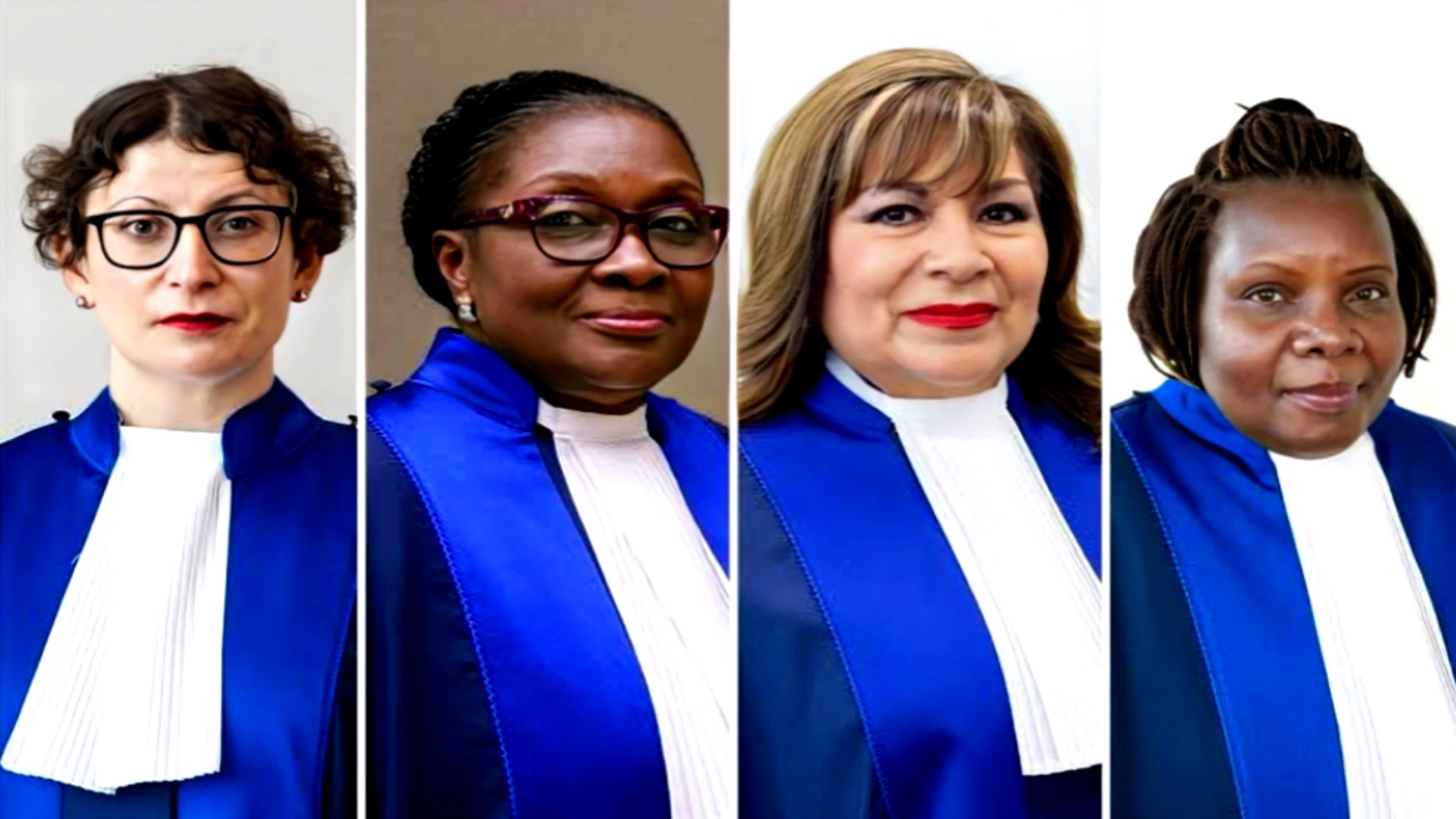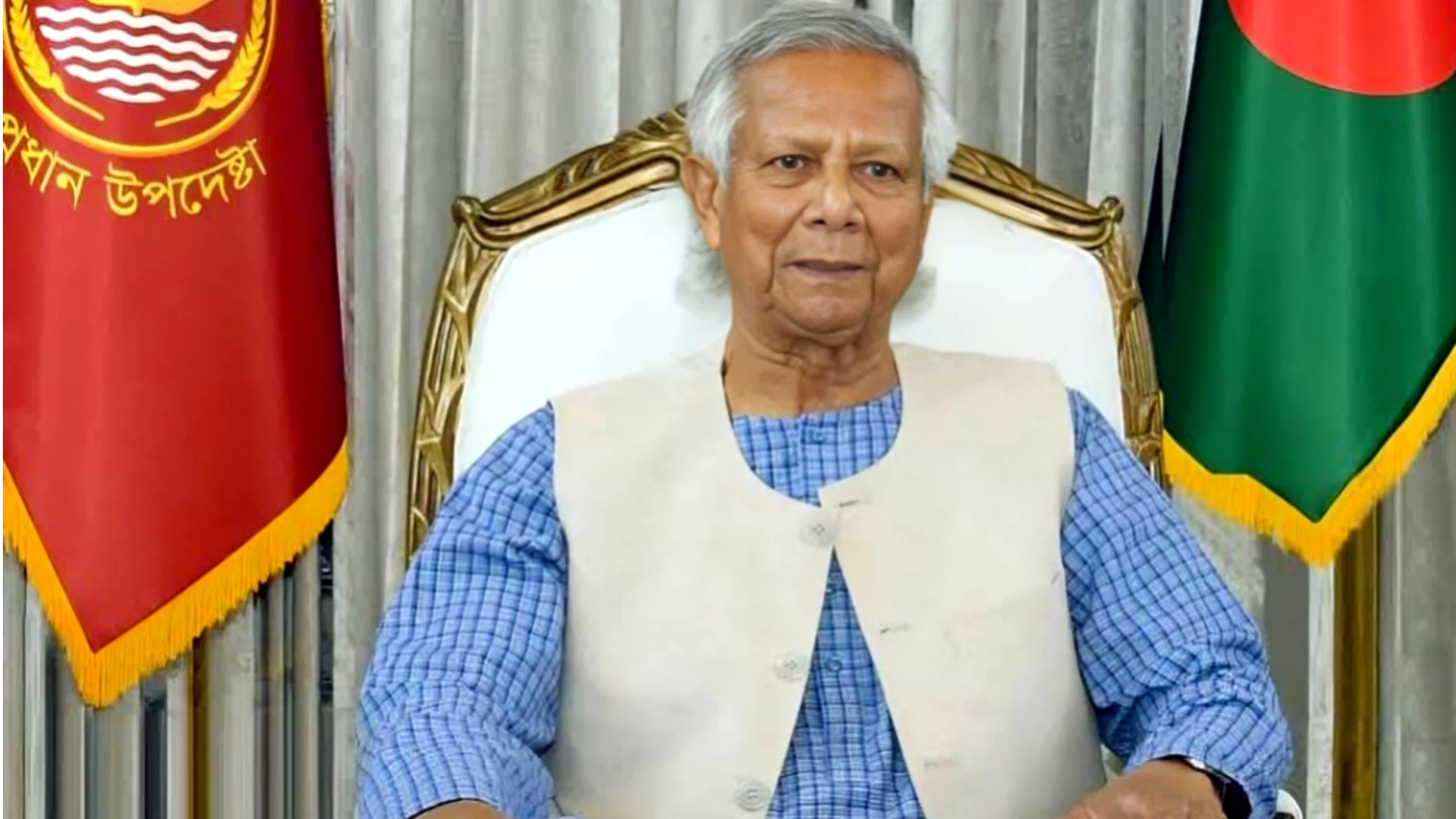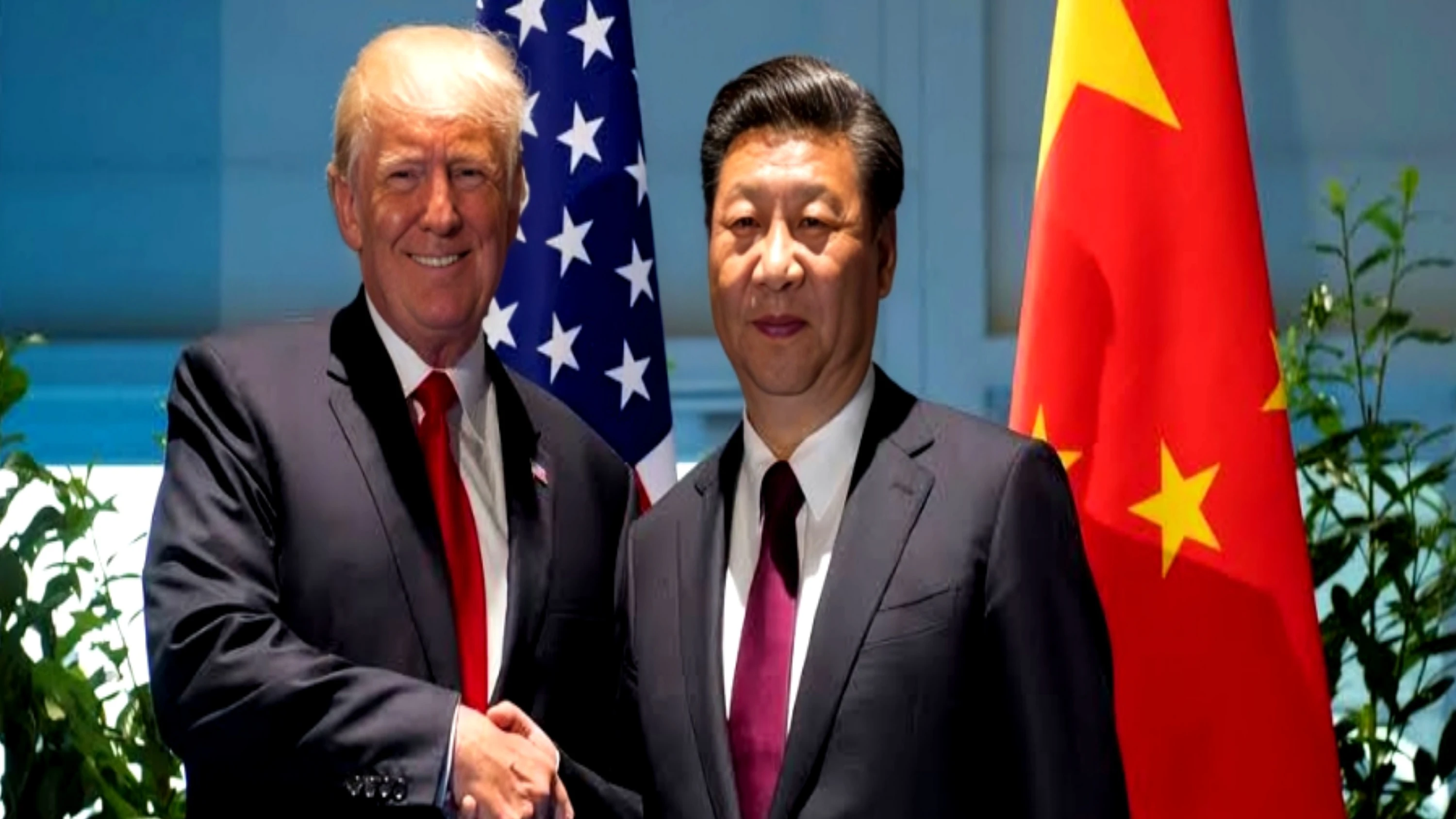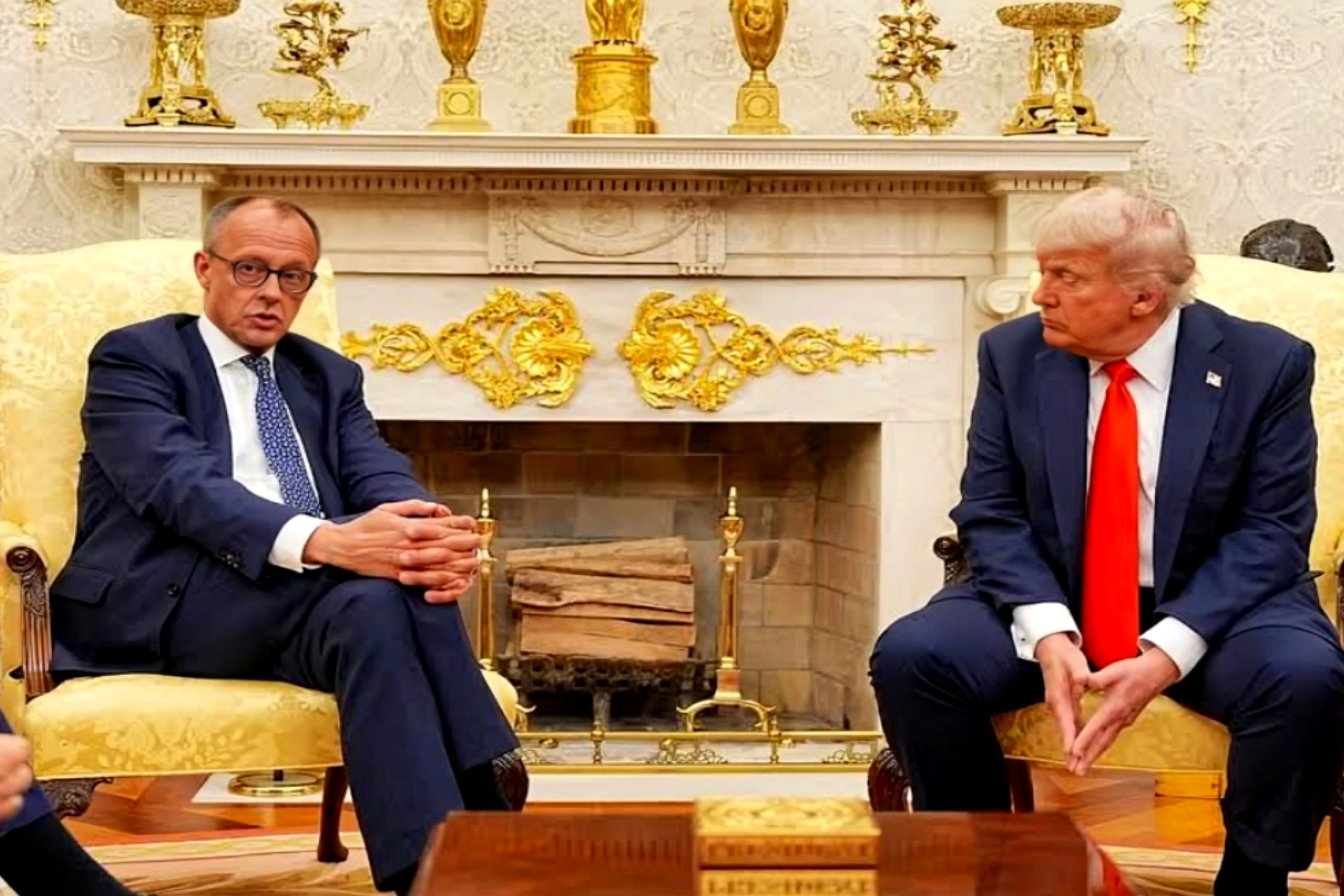Washington: The administration of President Donald Trump has imposed sanctions on four judges from the International Criminal Court (ICC), escalating a long-running feud with the international body over its investigations into alleged war crimes involving U.S. and Israeli officials.
U.S. Secretary of State Marco Rubio announced the punitive measures on Thursday, condemning the ICC for what he described as overreach and politically motivated investigations. "The ICC is a politicized body that improperly asserts global jurisdiction," Rubio said in a written statement. "This endangers U.S. sovereignty and the security of our allies, particularly Israel."
The sanctioned judges include Solomy Balungi Bossa (Uganda), Luz del Carmen Ibanez Carranza (Peru), Reine Adelaide Sophie Alapini Gansou (Benin), and Beti Hohler (Slovenia). Their U.S.-based assets will be frozen, and American entities are prohibited from conducting any business or financial dealings with them.
The ICC condemned the move, calling it a blatant attack on judicial independence. In a sharply worded statement, the court said the sanctions “undermine the ICC’s mandate” and serve only to embolden those who commit crimes without fear of accountability.
Judges Bossa and Ibanez Carranza were singled out for authorizing a probe into possible war crimes by U.S. personnel in Afghanistan, reversing an earlier ICC decision to block such an investigation. The probe, launched in 2020 during Trump’s first term, focused on alleged abuses by U.S. forces and CIA operatives at undisclosed detention sites.
Although the U.S. is not a party to the Rome Statute — the treaty that established the ICC — Afghanistan is, giving the court jurisdiction over alleged crimes committed there. The Trump administration has argued that the court has no authority over non-signatory states and has characterized the ICC as a tool of political manipulation.
The other two judges, Alapini Gansou and Hohler, were targeted for their involvement in proceedings related to Israel. In late 2024, the ICC issued arrest warrants for Israeli Prime Minister Benjamin Netanyahu and former Defense Minister Yoav Gallant, citing alleged war crimes in Gaza, including attacks on civilians. Alapini Gansou and Hohler were reportedly part of the panel that authorized those warrants.
The U.S., a longstanding ally of Israel, has strongly opposed the ICC’s actions, especially as the war in Gaza has drawn increasing international scrutiny. More than 54,000 Palestinians have reportedly been killed in the conflict, with UN experts and human rights groups warning of possible genocide.
In response, Trump signed an executive order shortly after beginning his second term in January, authorizing sanctions against individuals involved in ICC investigations targeting the U.S. or its allies. The order also applies to those who assist such probes, raising concerns that it could deter witnesses and obstruct justice.
Trump defended the order, asserting that the ICC unfairly targets democratic nations. “Both the United States and Israel are governed by the rule of law. These actions are a threat to our military and to the sovereignty of our nations,” he said.
The administration had already used the new executive powers to sanction ICC prosecutor Karim Khan, who had pushed for the arrest of Israeli leaders. The sanctioning of Khan, along with mounting political pressure and sexual misconduct allegations, ultimately led him to step aside from his role.
Trump’s hostility toward the ICC is not new. During his first term, his administration revoked visas for court officials investigating U.S. actions in Afghanistan and later imposed sanctions on then-prosecutor Fatou Bensouda and another official, Phakiso Mochochoko. Those measures were lifted by former President Joe Biden, who took a more cooperative stance toward the court.
Legal analysts and human rights advocates fear Trump’s renewed campaign against the ICC could undermine its long-term ability to hold perpetrators of war crimes accountable. They warn that the sanctions may erode the court’s legitimacy and discourage international cooperation with its mandates.
The ICC has called on the U.S. to cease its threats and allow the court to perform its duties independently and impartially.








